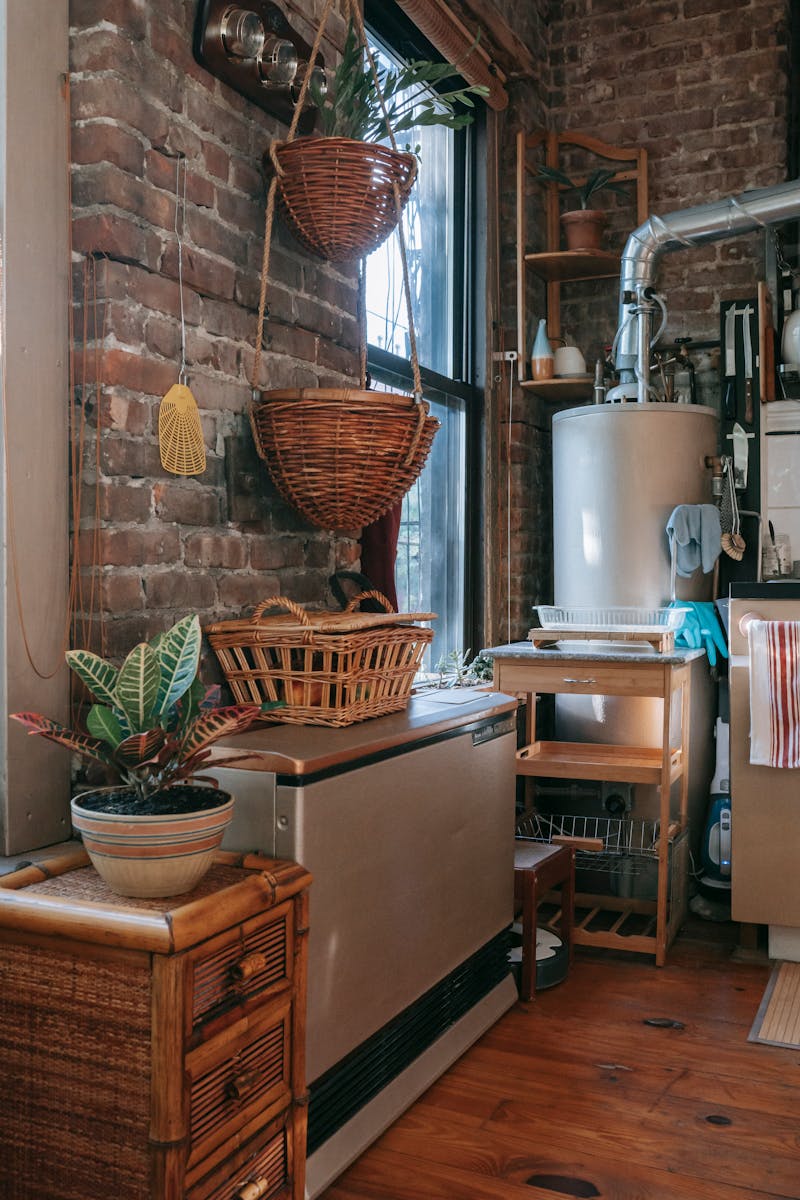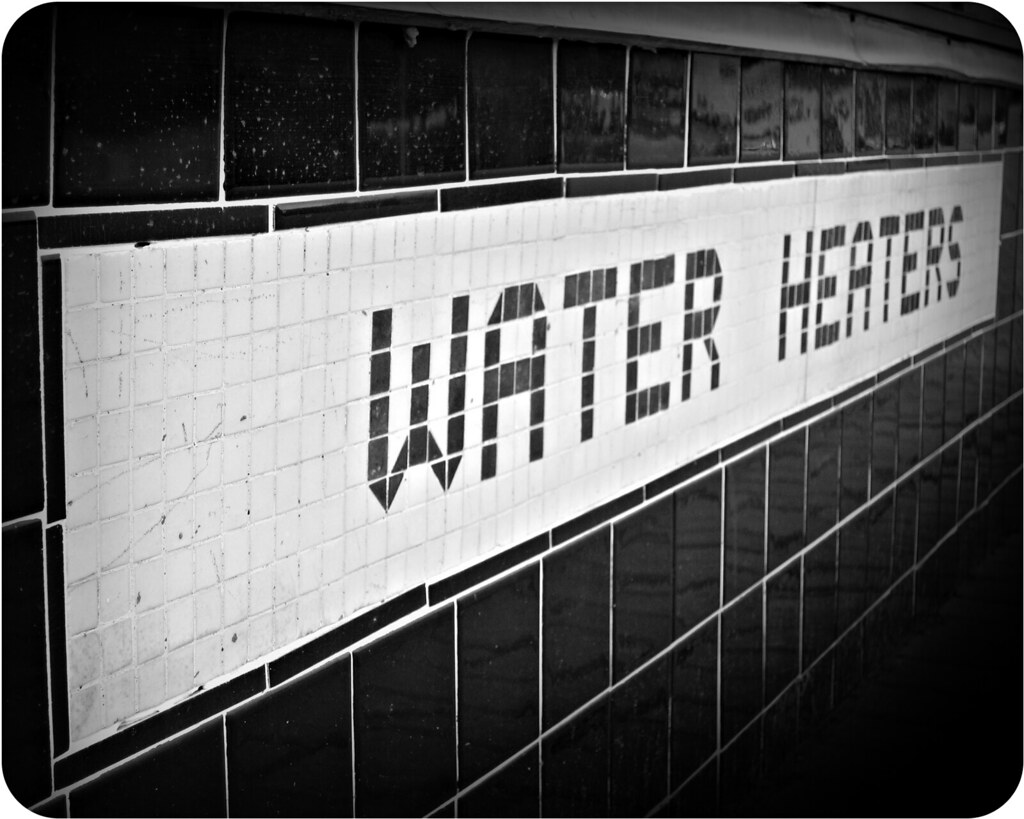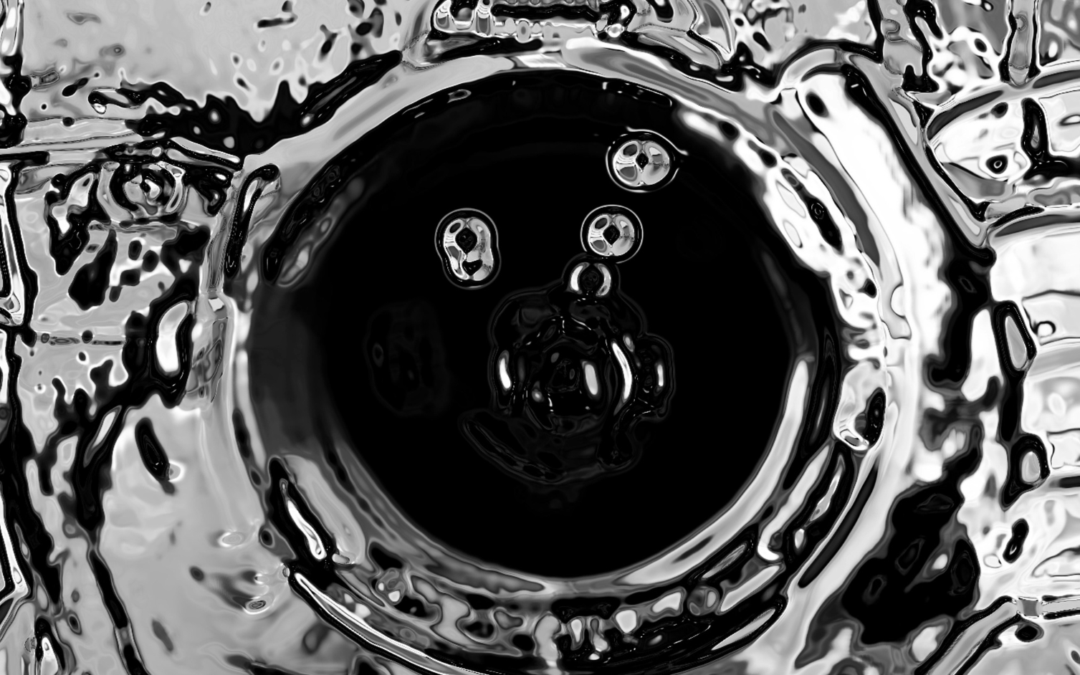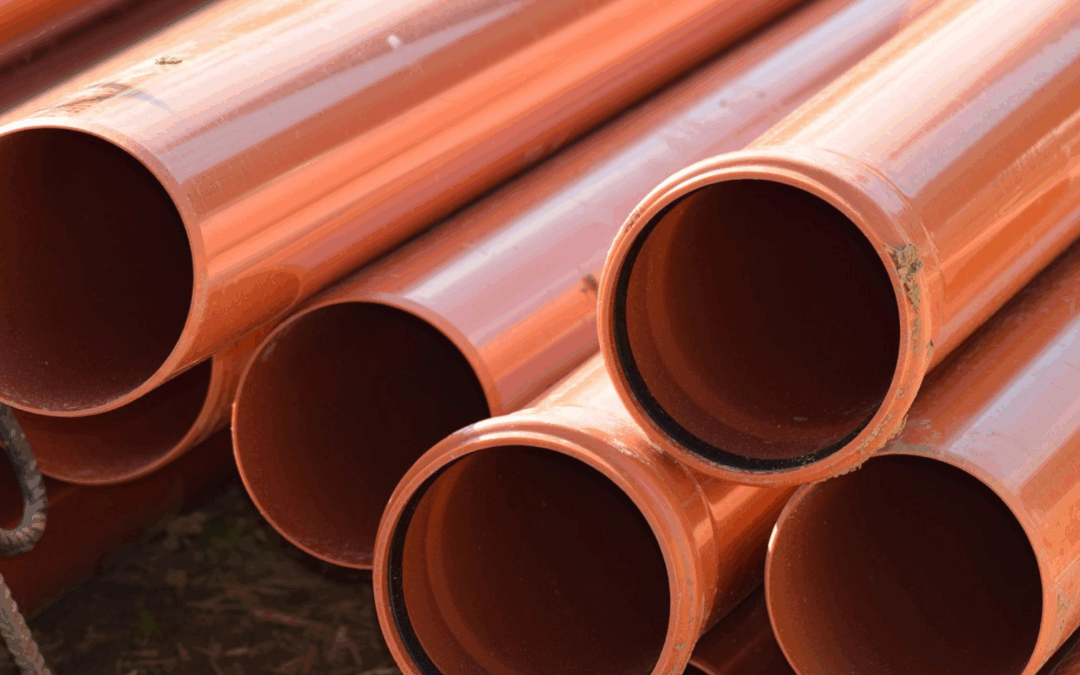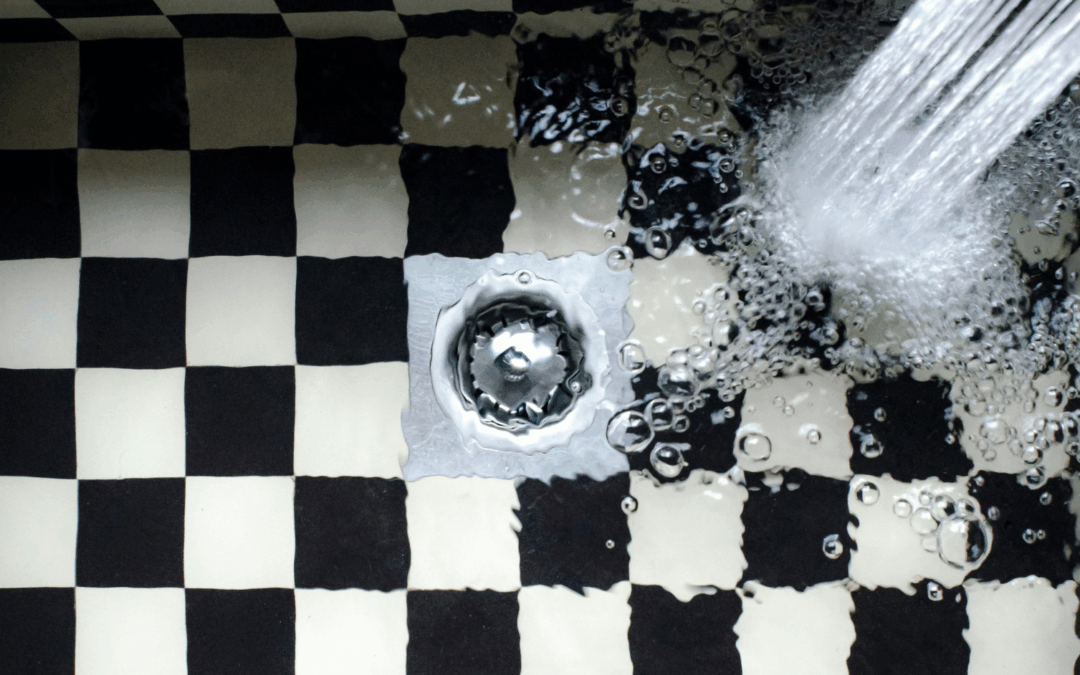A leaking water heater is more than just an inconvenience; it can lead to costly repairs, inefficient performance, and even damage to your home if left unaddressed. But the good news is that most problems can be fixed with timely action and proper maintenance.
If you’ve been asking yourself, “Why is my water heater leaking?”, this guide will help you understand the common causes, how to detect leaks, and what steps to take to resolve the issue.
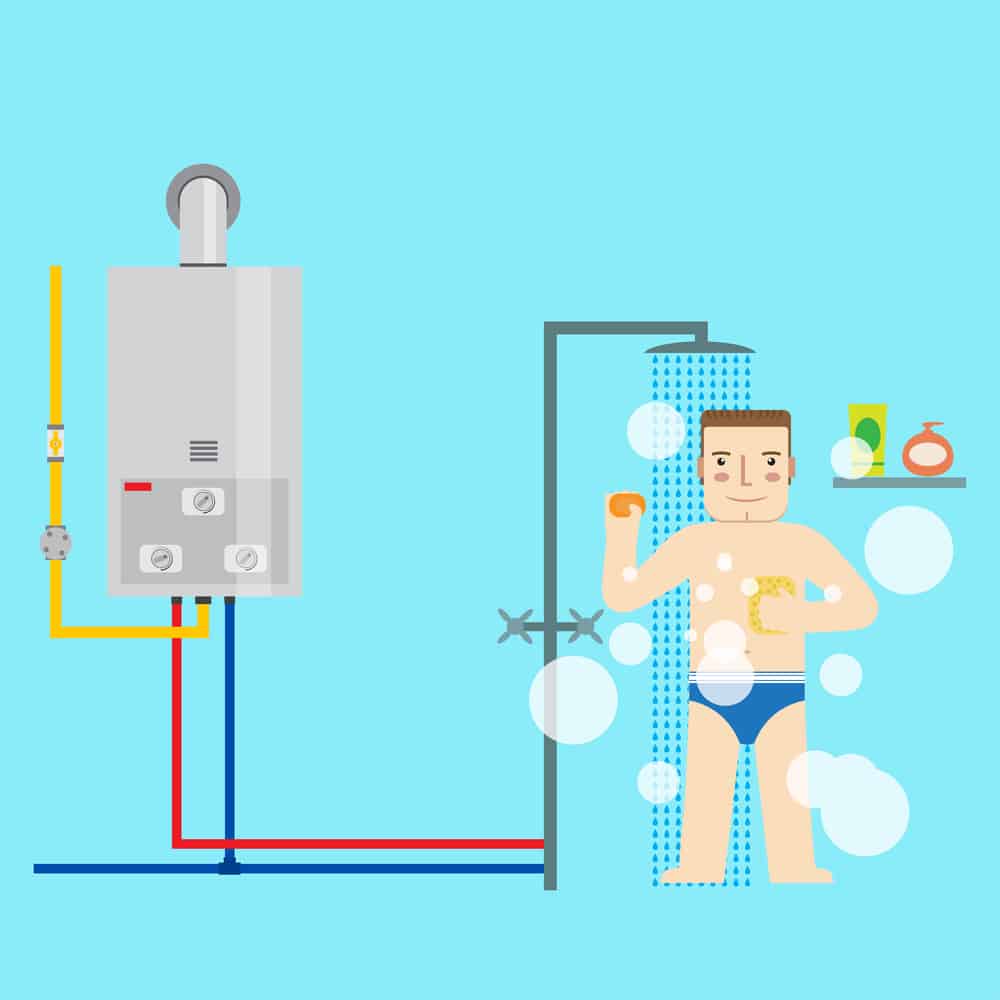
Schedule Service Online
Get a free estimate so you know what you're signing up for
"*" indicates required fields
For Emergency Services Call: 410-255-9300
What Does a Water Heater Do for Your Home?
A hot water heater is an essential appliance that often goes unnoticed until problems arise. It performs several critical functions that contribute to the comfort and functionality of your home:
Provides Hot Water for Everyday Use
The primary purpose of a water heater is to supply hot water for daily activities like showering, washing dishes, and doing laundry. A consistent flow of hot water ensures household chores are done efficiently and hygienically.
Supports Home Appliances
Many home appliances, such as dishwashers and washing machines, rely on a steady supply of hot water to function optimally. A water heater ensures these appliances run effectively, saving you time and effort.
Contributes to Hygiene and Comfort
Proper hygiene often depends on having access to hot water. Whether you’re cleaning surfaces, sanitizing kitchen tools, or enjoying a relaxing bath, a water heater makes these tasks more comfortable by providing warm water on demand.
Improves Energy Efficiency
Modern water heaters are designed to be energy-efficient, helping to reduce utility bills while providing a reliable supply of hot water. Newer models often come with advanced settings that allow you to balance efficiency and performance based on your needs.
Prevents Potential Health Issues
By maintaining water at the proper temperatures, a water heater can help prevent the growth of harmful bacteria like Legionella in your plumbing system, keeping your family safe and healthy.
A dependable water heater is more than just a convenience; it’s a vital part of maintaining a safe, comfortable, and efficient household. Regular maintenance and attention help ensure your water heater continues to provide these benefits without interruption.
Common Causes of a Leaking Water Heater
1. Faulty Drain Valve
The drain valve at the bottom of your water heater is designed to allow you to drain the tank for maintenance or replacement. Yet, over time, this valve may become loose or wear out, leading to visible leaks. Ensure the valve is completely closed before assuming a larger issue exists. If the faulty drain valve continues to leak, replacement is necessary.
2. High Water Pressure
Too much pressure inside the water heater tank can cause water to escape through the temperature and pressure relief valve (or p valve) as a safety measure. This often happens because of excessive pressure buildup in the tank, caused by high water pressure entering from your home’s supply lines or an issue with the pressure release mechanism.
3. Corrosion or Old Tank
An old tank or corrosion inside the water heater’s structure can lead to major damage. Over time, the anode rod (the component designed to absorb corrosion) may erode completely, leaving the water heater tank vulnerable to rust and leaks. Regular water heater maintenance, including replacing the water heater’s anode rod, can help prevent this issue.
4. Loose Connections
Leaks around the inlet and outlet connections, cold water inlet, or hot water outlet are often due to loose connections in the piping. The cold water supply and hot water water supply lines are connected via threaded joints, which can sometimes loosen over time. Tightening these connections can solve the problem.
5. Sediment Buildup
Sediment buildup happens when mineral deposits from your water collect at the bottom of the tank. If not flushed out regularly, this buildup can lead to cracks, cause leaks from the bottom, and reduce the efficiency of the heater. Sediment buildup is particularly common in high-mineral or hard water areas, which is why regular draining of the tank is essential.
6. Broken Temperature and Pressure Relief Valve
The temperature pressure relief valve is a critical safety feature, but if it becomes worn out or defective, it can leak. Replacing the faulty valve is the usual solution. Additionally, high pressure or water temperature that’s set too high may cause the valve to release water unnecessarily, leading to leak water.
7. Tank Cracks from Excessive Pressure
Excessive pressure buildup due to overheating or issues with the heater’s thermostat can sometimes cause cracks in the water tank. These cracks often indicate a need for a full tank replacement.
How to Detect Leaks in Your Water Heater
The first step to preventing damage is knowing how to detect water leaking from your water heater. Here are ways to stay proactive if your water heater is leaking:
- Check Visible Connections: Inspect the cold water inlet, hot water outlet, and gas piping (for gas models) for loose connections or drips. Ensure you know where your gas shut off valve is, and inspect the gas valve and gas line regularly. Gas supply, with even a small leak, can cause major issues with your home.
- Inspect the Bottom: If the heater is leaking from the bottom, carefully examine the seams or the drain valve for cracks or drips.
- Look at the Pressure Relief Valve: Watch for water escaping from the p-valve or accompanying drain lines.
- Monitor Energy Bills: If you’re noticing higher energy bills, it could point to inefficiencies from leaks or sediment buildup.
- Check for Visible Signs: Look for puddles around the water tank, rust, or other visible leaks on the unit.
- Feel for Cold or Hot Spots: Use your hand to detect cold spots in a cold room or hot spots around the connections that shouldn’t be warm.
How to Fix a Leaking Water Heater
Once you’ve identified the problem, here’s how to address your leaky water heater effectively.
1. Tighten Loose Connections
If the leak is due to loose pipe connections, tighten them with a wrench. Be cautious not to over-tighten, as it could lead to damage.
2. Replace the Drain Valve
If the drain valve is faulty or continues to drip even when tightened, replace it with a new valve. Drain the tank thoroughly before attempting the repair.
3. Check the Pressure Relief Valve
Examine the temperature pressure relief valve closely. If high pressure or temperature is the cause, reduce the water pressure or adjust the thermostat. Replace the relief valve if it continues to leak unnecessarily.
4. Flush the Tank
To address sediment buildup, drain the tank completely and flush it with cold water. Do this annually to maintain efficiency and prevent damage from mineral deposits.
5. Repair or Replace the Heater
For issues related to an old tank, severe rust, or cracks, a full tank replacement or professional repair may be required. Regular maintenance can extend the lifespan of the tank and prevent severe leaks from occurring
6. Call a Water Heater Professional
If you’re unsure about handling the problem or if severe leaks persist, contact a water heater professional. They have the expertise to address challenges like thermostat malfunctions, major tank leaks, or problems with an electric water heater and gas heaters.
How to Prevent Leaks in the Future
Nobody wants to deal with the hassle of a heater leaking again. Here are steps to help you prevent leaks and extend the life of your water heater.
- Perform regular maintenance by flushing the hot water tank to remove sediment.
- Replace the anode rod as recommended by the manufacturer.
- Check and replace the pressure release valve if needed.Keep an eye on your water pressure to avoid unnecessary stress on the system.
Conduct an annual inspection to catch minor issues before they become costly repairs. This means you should be checking your water heater annually!
When to Consider Replacing Your Water Heater
- Sometimes, no matter how well you maintain the unit, it reaches the end of its lifespan. Here are signs it might be time for a new water heater:
- The unit is older than 10-15 years.
- There are persistent leaks even after repairs.
- Rusty water is coming from the hot tap.
- Energy efficiency has dropped significantly, leading to higher energy bills.
- Investing in a modern water heater is not only more efficient but could save you money by preventing costly repairs and reducing energy consumption.

How MD Sewer and Plumbing Can Help
At MD Sewer and Plumbing, we specialize in providing reliable, efficient solutions for all your plumbing needs, including water heater repair and replacement.
Our team of experienced professionals can quickly diagnose issues with your water heater, whether it’s insufficient hot water, strange noises, or leaks, and provide effective repairs to restore its functionality. When replacement is necessary, we guide you in choosing the right water heater that fits your household’s needs and budget, ensuring a seamless installation process.
Beyond water heaters, MD Sewer and Plumbing offers comprehensive plumbing services to tackle any issue you may encounter. From clearing clogged drains and fixing leaks to addressing more complex problems like sewer line repairs, we are equipped to handle it all.
With our commitment to customer satisfaction and 24/7 emergency services, you can trust MD Sewer and Plumbing to keep your home’s plumbing system running smoothly.
Helpful Resources for Water Heater Leaks and Issues
If you’re dealing with a leaking water heater or other related issues, these resources can provide valuable information and guidance:
Energy.gov – Water Heating: A comprehensive guide from the U.S. Department of Energy on water heating systems, including maintenance tips and advice on choosing energy-efficient models. https://www.energy.gov/energysaver/water-heating
Family Handyman – How to Fix a Leaking Water Heater: Step-by-step instructions and practical advice for diagnosing and repairing a leaking water heater. https://www.familyhandyman.com/project/how-to-fix-a-leaking-water-heater/
This Old House – Water Heater Troubleshooting: A trusted resource offering insights into common water heater problems and solutions. https://www.thisoldhouse.com/plumbing/20994884/water-heater-troubleshooting
Plumbing Manufacturers International (PMI): An industry resource that discusses water heater standards, safety recommendations, and innovations. https://www.safeplumbing.org
Common Water Heater Problems: An in-depth guide covering common water heater issues and troubleshooting strategies. https://www.popularmec
Angi (formerly Angie’s List) – How Much Does water heater Repair Cost?: A breakdown of repair costs and factors to consider when dealing with water heater maintenance or replacements. https://www.angi.com/articles/how-much-does-water-heater-repair-cost.htm
These resources can help you better understand and address water heater concerns while also aiding you in finding the right solutions for your needs.
A Drip-Free Future for Your Water Heater | Why Is My Water Heater Leaking?
A leaking water heater can be a headache, but with the right approach, most problems are manageable. Whether you’re upgrading your gas water heater, inspecting your electric water heater, or simply adjusting your cold water inlet, being proactive is key to avoiding significant damage.
Don’t wait for small leaks to become severe leaks. Schedule regular maintenance, stay aware of warning signs like mineral buildup, and don’t hesitate to consult a water heater professional if needed.
By taking these steps, you’ll save time, money, and stress while ensuring your home enjoys a steady supply of hot water.
